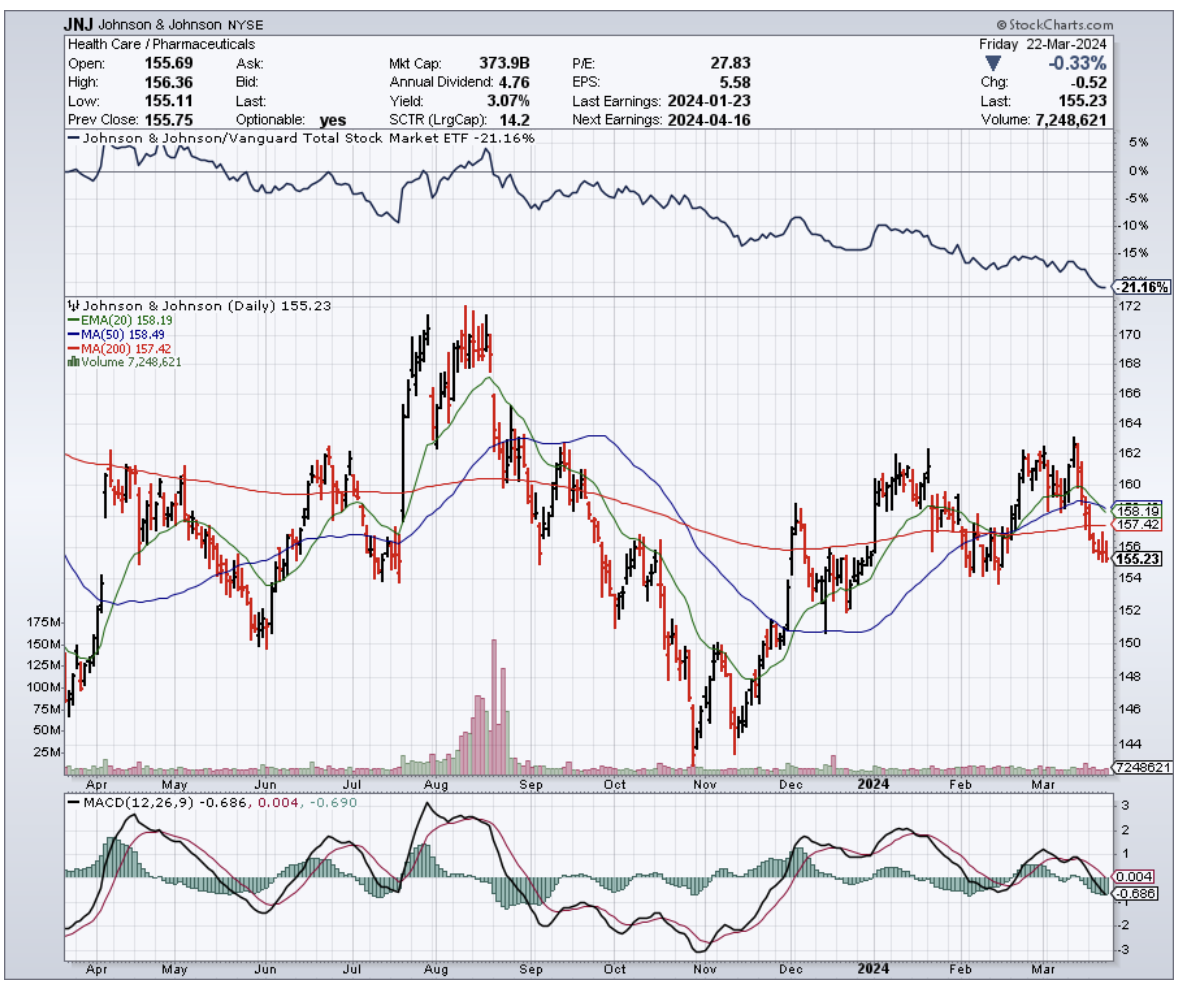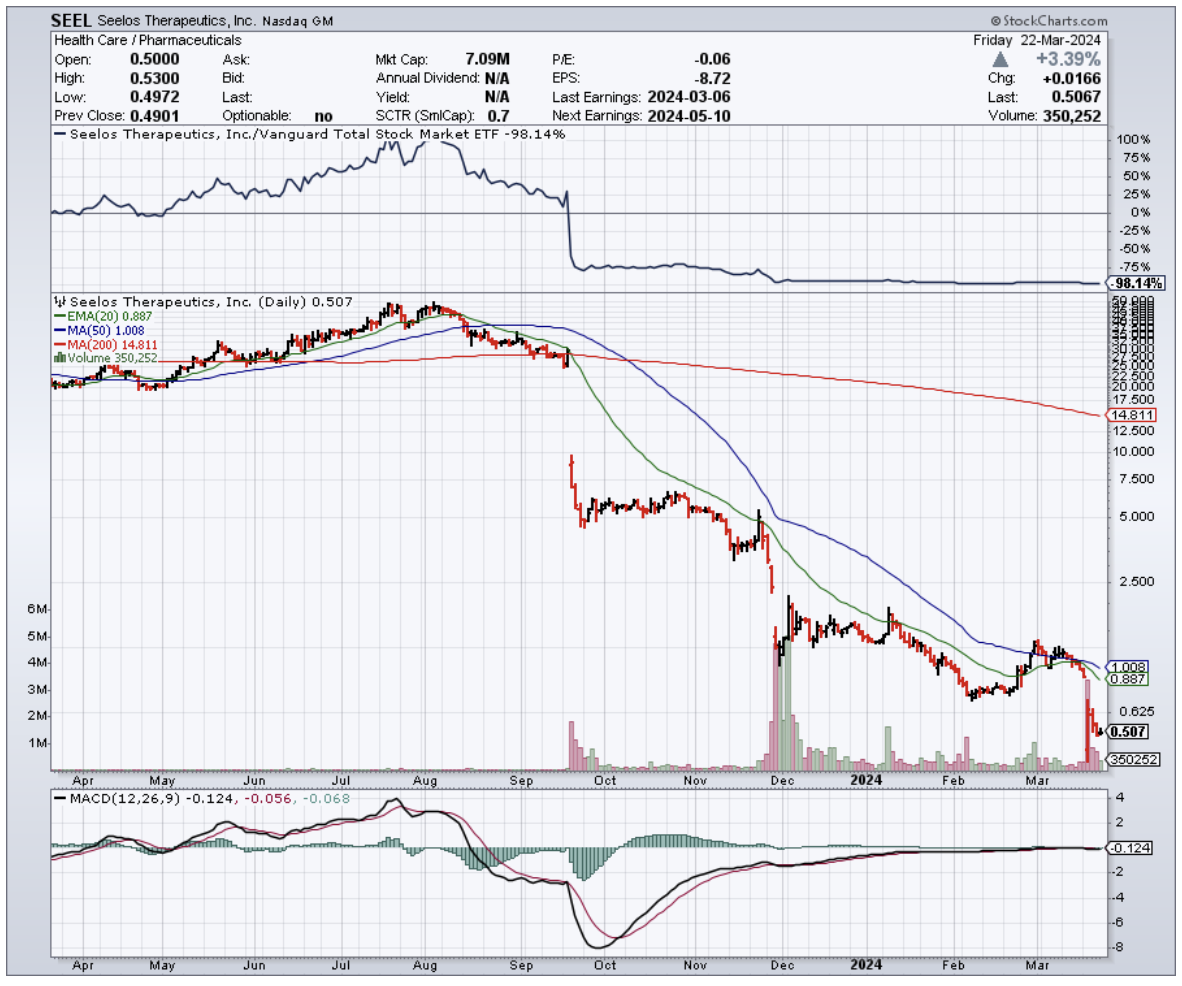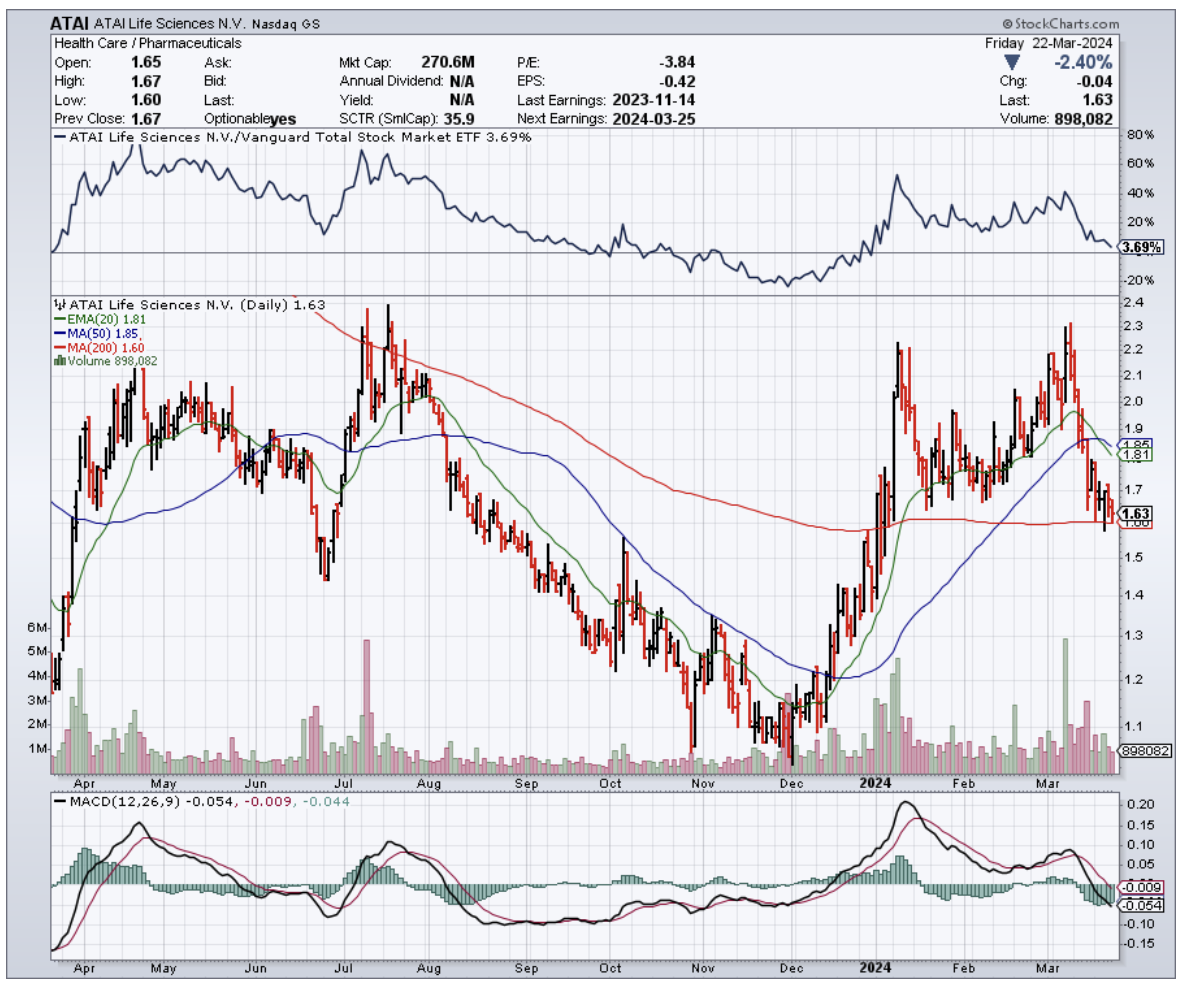Wall Streets New Happy Pill
Who would've thought a drug that was once the go-to for keeping soldiers from feeling their limbs getting stitched up in 'Nam would find itself in the limelight, decades later, for something entirely different?
And who's the reason behind this resurgence? None other than Mr. Elon Musk, alongside memories of Matthew Perry, and a growing chorus of folks battling the blues.
Musk, in one of his late-night (or is it early morning?) tweet-a-thons and in a recent interview with Don Lemon, drops that he's dabbling in ketamine — not for kicks, but for a "negative chemical state," doctor's orders, of course. Once every couple of weeks, a small dose.
This coming from a guy who's brainstorming how to send us to Mars while running a social media circus.
Now, before we dive deeper, here's a quick primer on ketamine.
Born in the labs of Parke Davis in the 60s and tested on unsuspecting prisoners (yikes), it was the anesthetic dream.
By 1970, ketamine earns the FDA's gold star as a trusty anesthetic. But here's where it gets interesting – patients start raving about feeling surprisingly chipper after surgery. Scientists, naturally, get that “wait a minute, that's not supposed to happen” look on their faces.
By the time the 90s rolled in, scientists had discovered that this battleground drug might be a secret weapon against depression.
All those positive patient reports sparked a firestorm of studies, and suddenly ketamine's the underdog superhero taking on treatment-resistant depression, PTSD, and more.
Fast forward to 2019, and the FDA green-lights a derivative, esketamine, delivered via nasal spray, marking a new era in the treatment of severe depression.
Interestingly, despite esketamine’s presence in the market, doctors are still heavily prescribing the original stuff. Why?
Because it works, undeniably so, and those prescriptions are through the roof – up fivefold since 2017.
Actually, despite being a bit player compared to the heavyweight category of cancer research, mental health is a quietly exploding segment.
In fact, the market for ketamine's mental health revolution is massive, and that's not just feel-good talk. We're looking at over 264 million people globally battling depression alone.
Add to that the millions more struggling with PTSD, OCD, and a growing list of treatment-resistant conditions – it's a staggering potential patient base.
With mental health taking center stage these days, analysts predict the ketamine market could explode to $1.05 billion by 2027. That translates to a CAGR of 16.5% from 2020 – not just growth, but a serious acceleration.
Naturally, this has companies salivating. Big pharma like Johnson & Johnson (JNJ) is in the game – their Spravato spray raked in $164 million in 2020, and that was just their opening act.
But the real excitement is with the innovators: companies like Seelos Therapeutics (SEEL), with their focus on new delivery methods, Numinus Wellness (NUMI) building out a whole network of ketamine-assisted therapy clinics, and ATAI Life Sciences (ATAI) betting big on psychedelic-focused research.
So, are you seeing those dollar signs flashing yet? Because with ketamine, there might just be some serious gold to be found.
Sure, J&J's pulling in the cash, but that's just the tip of the iceberg. The companies blazing the trails – tweaking formulas, reimagining delivery methods, building whole new treatment models – those are the ones with that “make it big” potential.
Still, it’s important to be realistic here. After all, biotech investing is a rollercoaster, not a Sunday stroll. We're talking FDA approvals, trial setbacks, the whole wild ride.
Ketamine, with its trippy backstory and game-changing possibilities, is the embodiment of that risk-reward gamble. Its story is about second chances, unexpected breakthroughs, and pushing the limits of what we thought possible for mental health. And yeah, it's also about those sweet, sweet returns for investors willing to take that leap.
So here's my suggestion: throw this drug, and the companies pushing the envelope with it, straight onto your watchlist. Keep tabs on the clinical trials, the news about those new delivery methods, the regulatory updates.
This space is just getting warmed up, and you don't want to miss the boat when things start taking off. Ketamine might have started out in the shadows, but its future? Well, that could shine pretty bright.



